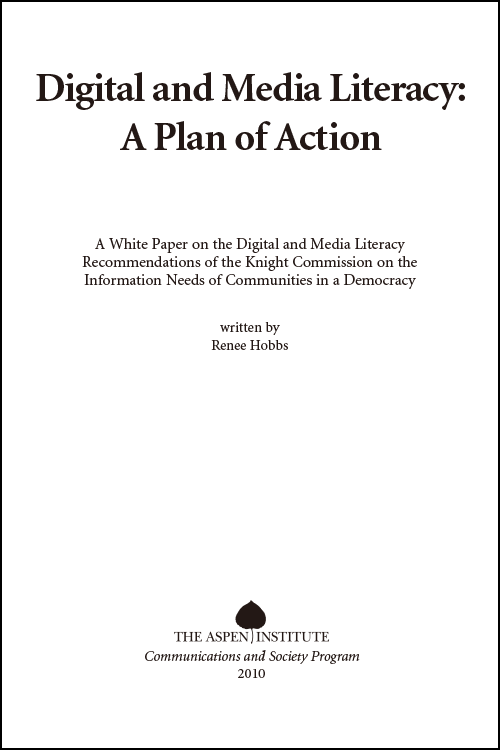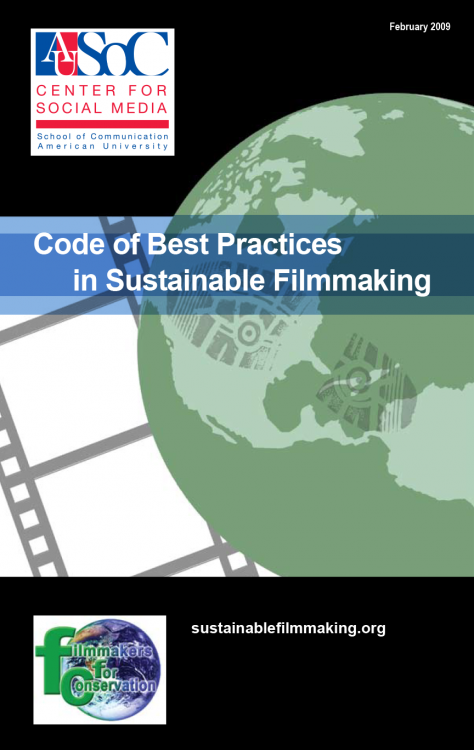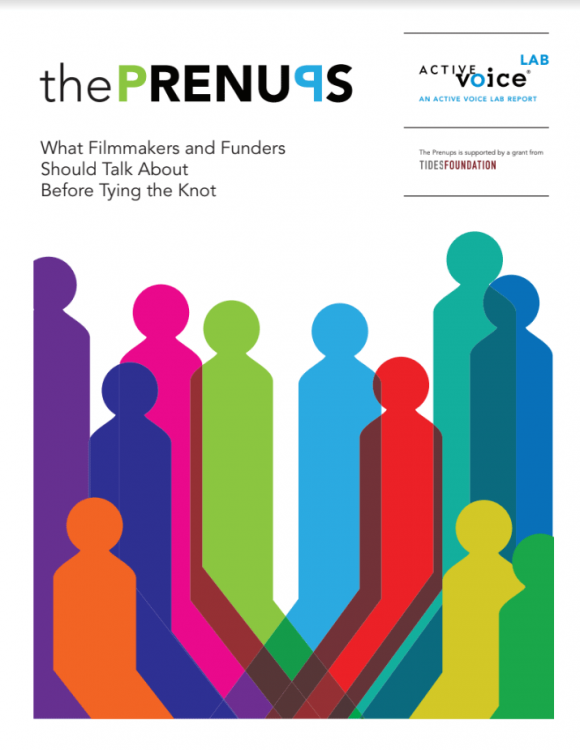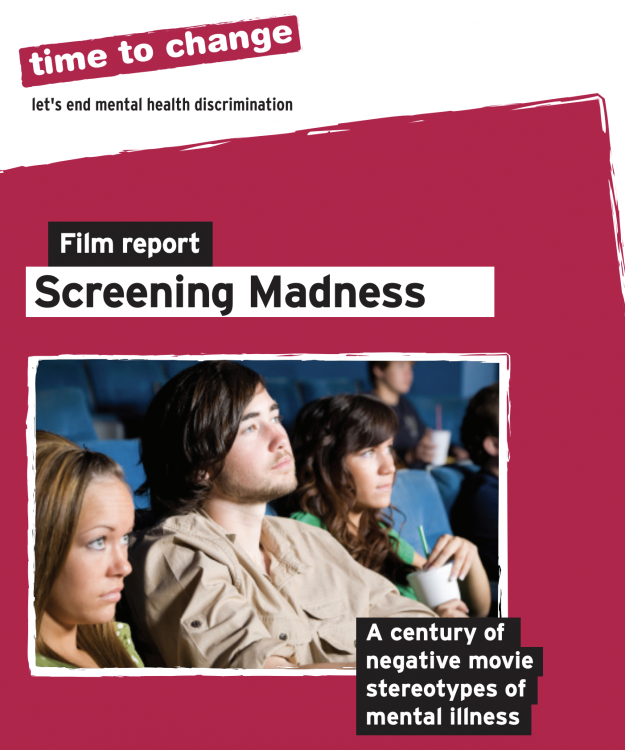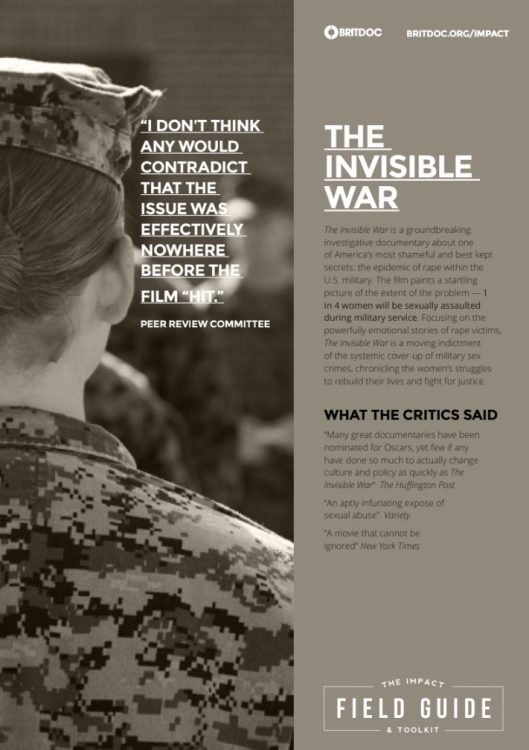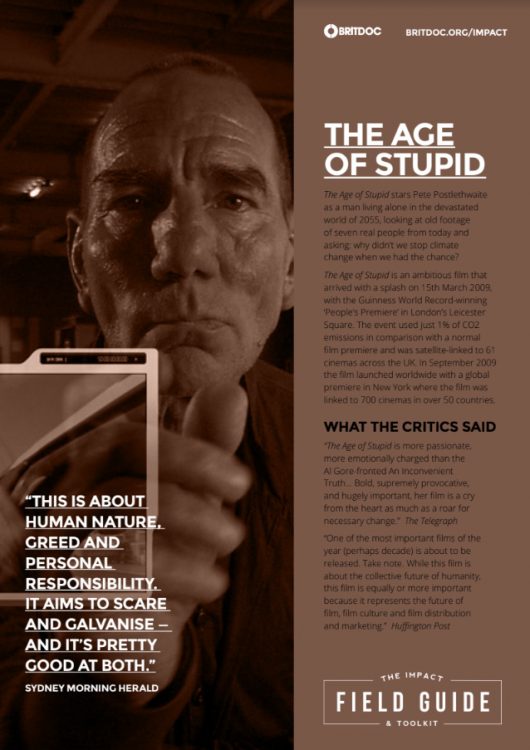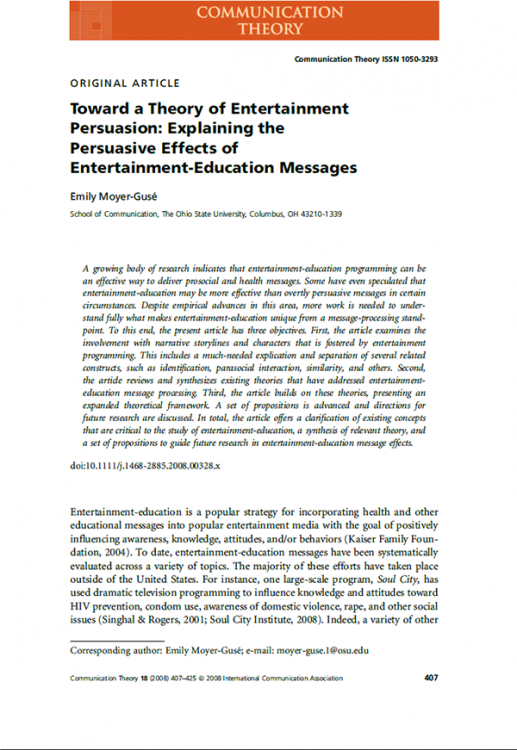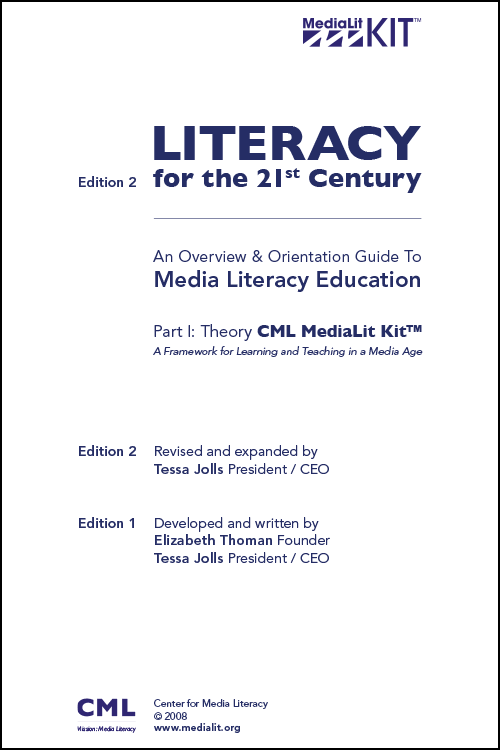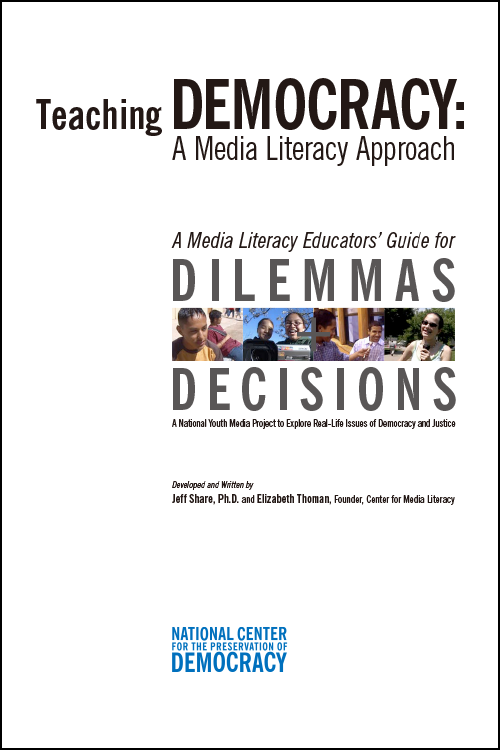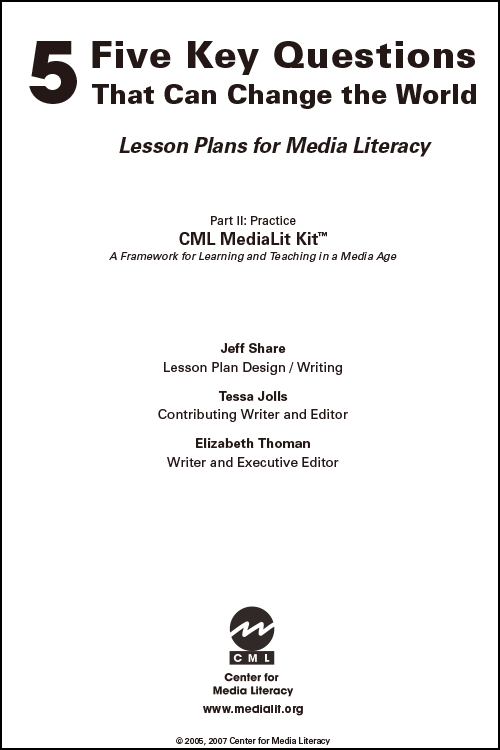In 2009, Active Voice Lab published The Prenups: What Funders and Creatives Should Talk about Before Tying the Knot. We were struck by that fact that, as storytelling and media had become increasingly essential to social change efforts, creatives and funders are working even more closely. We’d experienced first hand, however, that these communities don’t necessarily share language, culture, expectations, or even a common vision. Too often, miscommunication was getting in the way of great collaborations. Through filmmaker focus groups, one-on-one conversations with funders, and some-off-record nightmarish recaps, we aggregated three areas of questions to talk about: Visions & Expectations, Roles & Participation and Business & Legal Issues.


